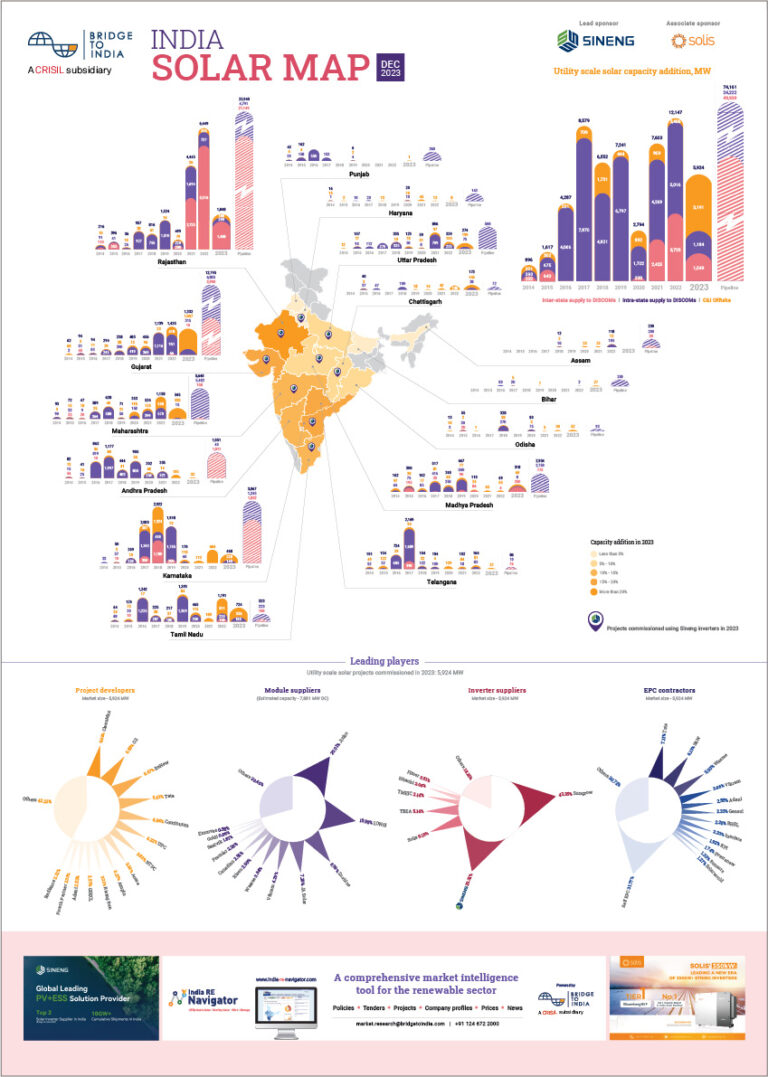MNRE recently issued a notification to create an “Approved List of Models and Manufacturers” of PV cells and modules in India. The notification states that all solar projects set up under any form of government scheme or programme would be required to procure cells and modules from the approved list. It would be effective from April 2020 onwards and approvals would be valid for only two years with renewal subject to demonstration of satisfactory performance of the respective products.
- Detailed implementation guidelines are still awaited but the process outlined so far seems excessive and unworkable;
- The relatively simple set of quality standards introduced in August 2017 are yet to become fully effective due to lack of procedural clarity, inadequate testing facilities and high cost;
- It is hard to see how the notification would achieve its stated objectives of improving product reliability and energy security in the country;
The notification would affect almost the entire solar industry in India as it covers all schemes and programmes implemented by any central or state government agency or public sector entity. Recent tenders issued by SECI have already incorporated a condition asking bidders to ensure compliance with the new notification. To get on the approved list, the manufacturers would first need to get required BIS certification for each model of cells and/ or modules proposed to be used in India. The second step would entail a prescribed application to MNRE, followed by physical inspection and audit of the concerned manufacturing facility(ies) to ensure sufficient manufacturing capacity and expertise. The manufacturers would be required to provide extensive information to MNRE on a monthly basis covering purchase of raw materials, production and sale of goods as well as supporting bank statements and compliance certificates. The approved models and manufacturing facilities would be further subjected to random quality testing and site inspection respectively to ensure compliance.
The scope of the notification and proposed procedures seem overbearing to say the least. We shudder to imagine implementation nightmares and consequent effect on the supply chain. The relatively simple set of quality standards introduced in August 2017 have caused widespread chaos in the industry due to lack of procedural clarity, inadequate testing facilities and high cost. After some five extensions, the standards are yet to become fully effective.
The notification, a bewildering exercise in scope and methodology, raises serious concerns. We doubt if MNRE or any other public sector entity has the capacity to complete physical and financial audits of manufacturers worldwide. Will the companies even be willing to provide all the necessary information? Equally importantly, it is hard to see how the notification would address concerns around “product reliability” and “larger energy security” in the country. If anything, it seems like a convoluted exercise in protecting domestic manufacturing.












